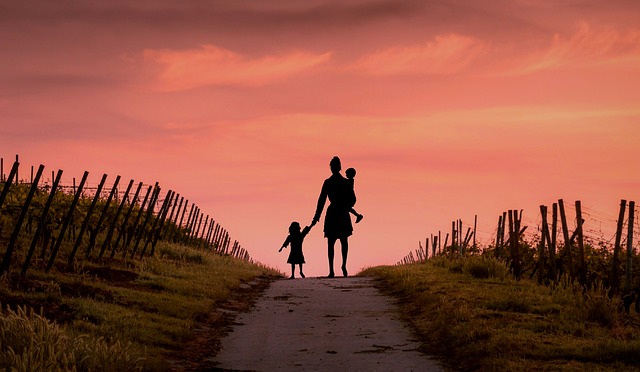Many people do not understand, or don’t care to understand the challenges of poor people. Many middle class or rich people may label poor people as “lazy.” The opinions regarding poverty may extend to political parties. Many conservatives believe poverty is the result of poor choices and behaviors. Many liberals believe that choices may be constrained by the circumstances in which people live.
Poverty means different things to different people and may be defined as chronic and debilitating conditions that result from risk factors that affect the mind, body, and soul. Despite the War on Poverty and anti-poverty policies, the subject remains unaddressed by politicians until time to campaign for office, and misunderstood or ignored by the general public.
There are many types of poverty, including man-made. Many researchers recognize the following six types:
- Situational- Caused by a sudden crisis or loss. This type is described as temporary.
- Generational-Occurs in families where at least two generations were born into poverty. They are not equipped with the tools to get out of their situation.
- Absolute or Abject- This type is considered rare today. There is a scarcity of necessities such as shelter, running water, food and medical care. People tend to focus on day to day survival.
- Relative-Economic state of a family whose income is inefficient to meet standards of living.
- Urban-Population over 50 thousand people. People deal with complex and acute stressors such as crowds, noise, and violence.
- Rural- Population less than 50 thousand people. People have less access to services.
The effects of poverty may include emotional and social challenges, acute and chronic stressors, cognitive lags, and health and safety issues. Poor children are exposed to adverse social and physical conditions.
Poor people spend less time finding about the world around them and more time struggling to survive within it. People living in poverty are more likely to have less healthy and shorter lives. Survival mode may lead to increase in crimes.
People living in poverty may feel ignored. I spent my entire childhood living in poverty and often felt I was on the outside looking into a world that didn’t care much about people like me. I grew up during the 60s and lived in the legally segregated South. Racist laws prevented or made it harder for black people to be successful. Dad was an intelligent man who worked hard, but was not able to obtain gainful employment until he was almost sixty years old. He went to many job sites and was rejected in favor of white men. There was no equality for black people. He was a married veteran with children, yet we lived in absolute poverty. Like many black veterans, he was denied G.I. benefits. This was the direct result of systemic racism.
There was no government assistance, except commodities, until I was around twelve years old. There were no food stamps or Medicaid. We lived in shacks without electricity or plumbing. We didn’t make poor choices; America failed us based on our race. My parents were married before they had children. They were both Christians and nurturing, law abiding citizens. They taught us to be the same. They reared three black boys who never went to jail. They reared two black girls who were not unmarried mothers. There were white neighborhood schools but we rode the school bus over thirty miles round trip to underfunded segregated schools. It seemed longer due to the frequent stops to pick up other black children. In spite of this, the principals and teachers were nurturing and committed to providing us with a quality education. We studied by a coal oil lamp at home but made good grades. As a fifteen year old, my oldest brother’s life was threatened because he was smart and went to school instead of the cotton field. My next oldest brother almost died before he could get to the charity hospital for emergency surgery. Ambulances did not serve black families. As a family, we persevered.
Our behavior did not contribute to living in poverty. Discrimination and racist laws did.I will be forever grateful for the sacrifices of the civil rights leaders and activists, but it does not end there. Poor people of all races are discriminated against. The end of discrimination and discriminatory practices starts with all of us. People are quick to say they are not prejudiced. Research indicates that implicit prejudice is the result of learned behavior and social associations. It may begin at a young age and practiced throughout adulthood. These biases overflow throughout society and surfaces in places like the school systems, work place, and the legal system. We all have a role in making a difference for the good of everyone. Also, we must hold our elected official accountable or vote them out.
Francie Mae. May 5, 2023.
References:
Jensen, Eric. October 2016. “Teaching with Poverty in Mind.” Website. Accessed May 2019.
